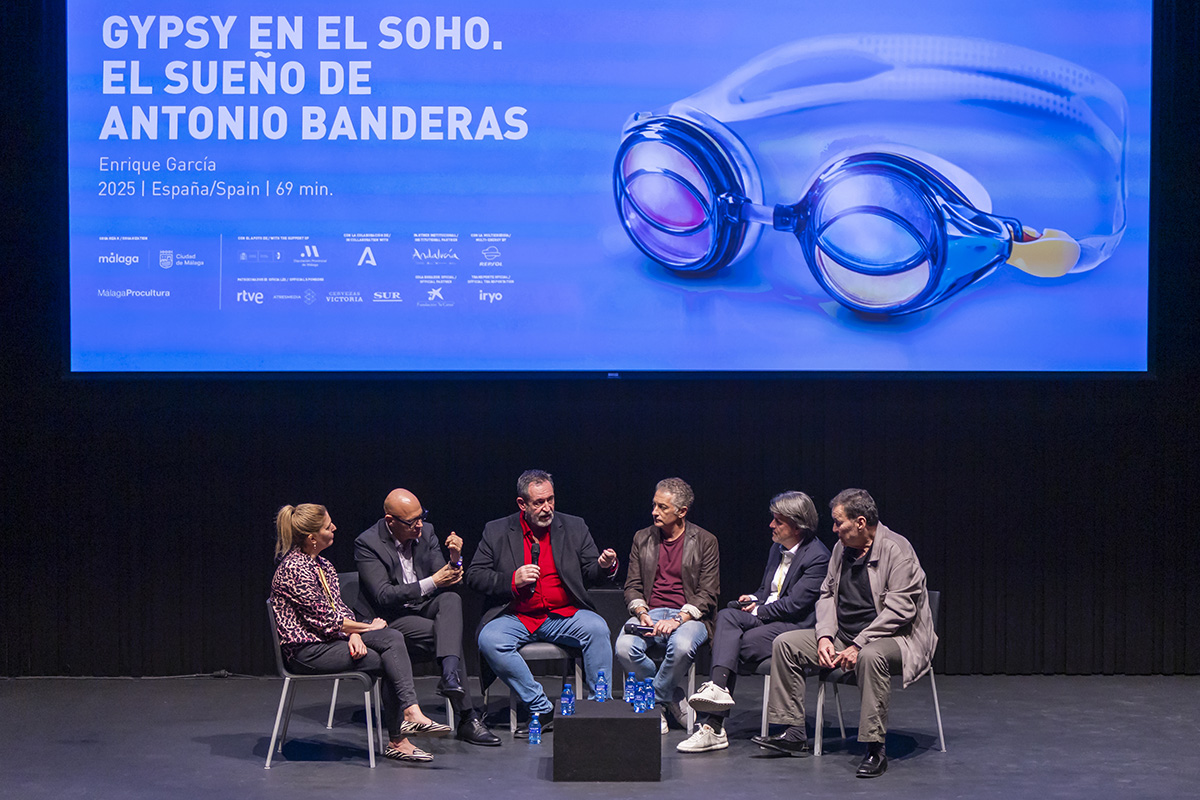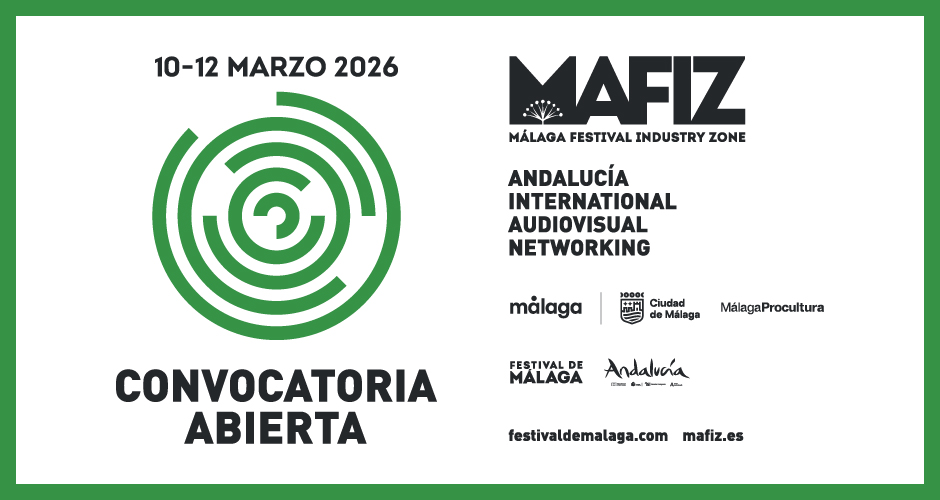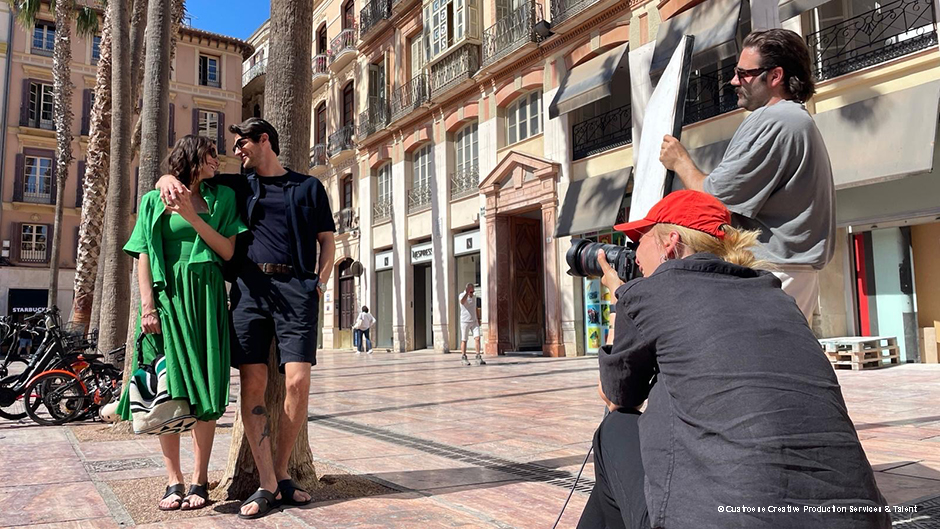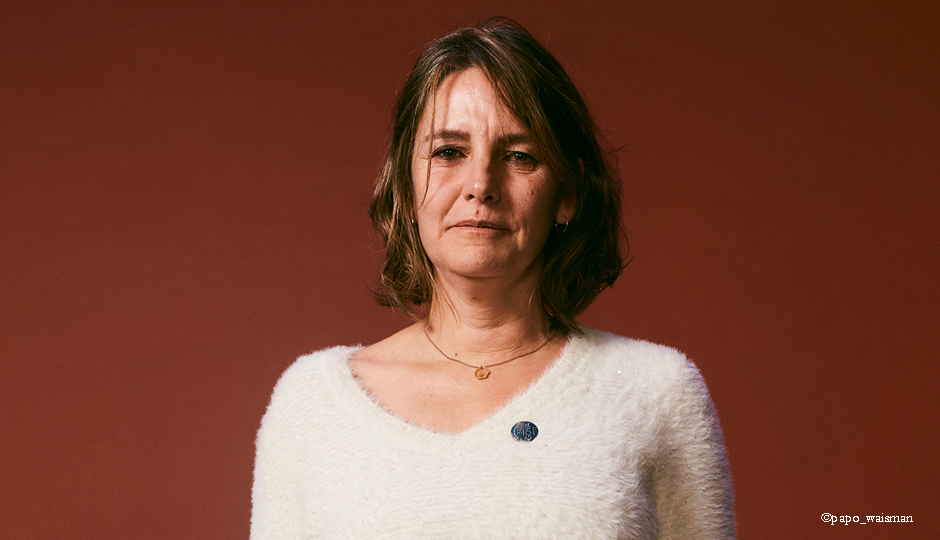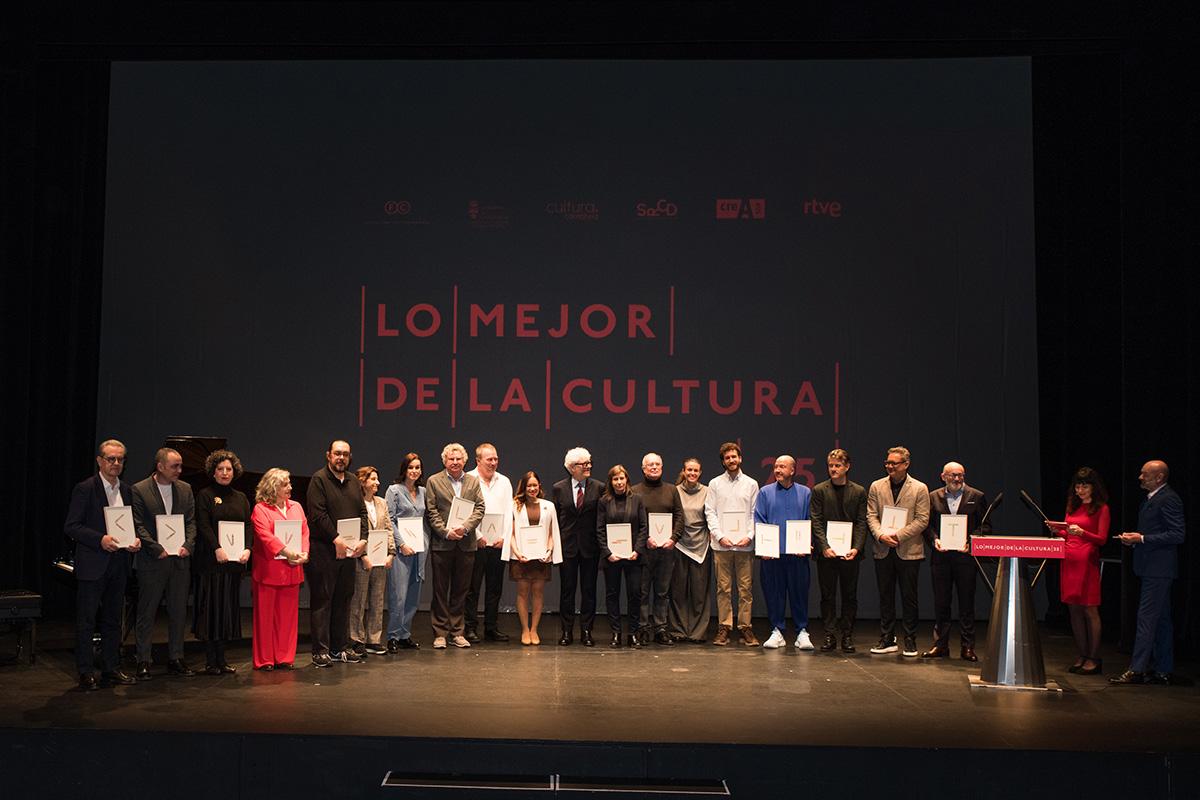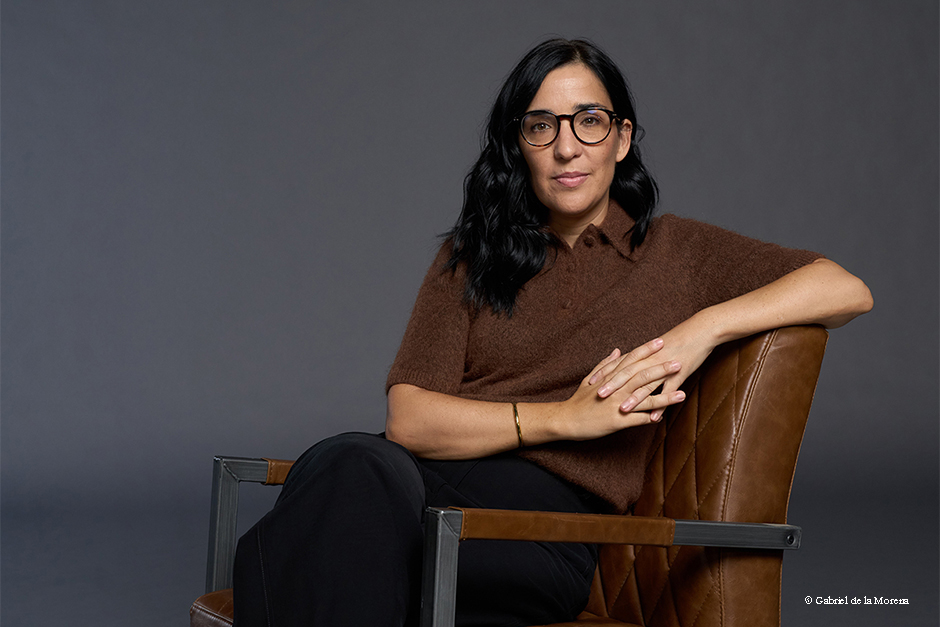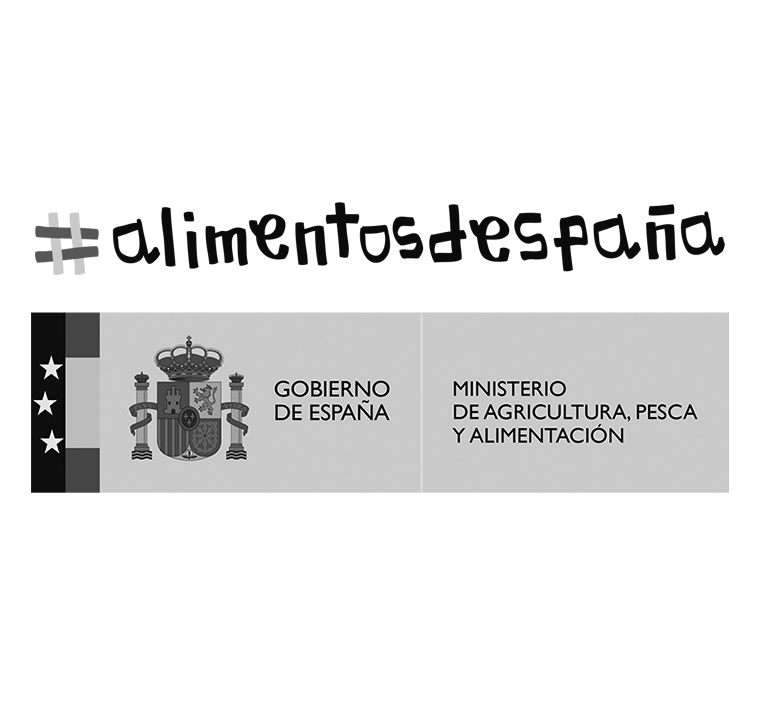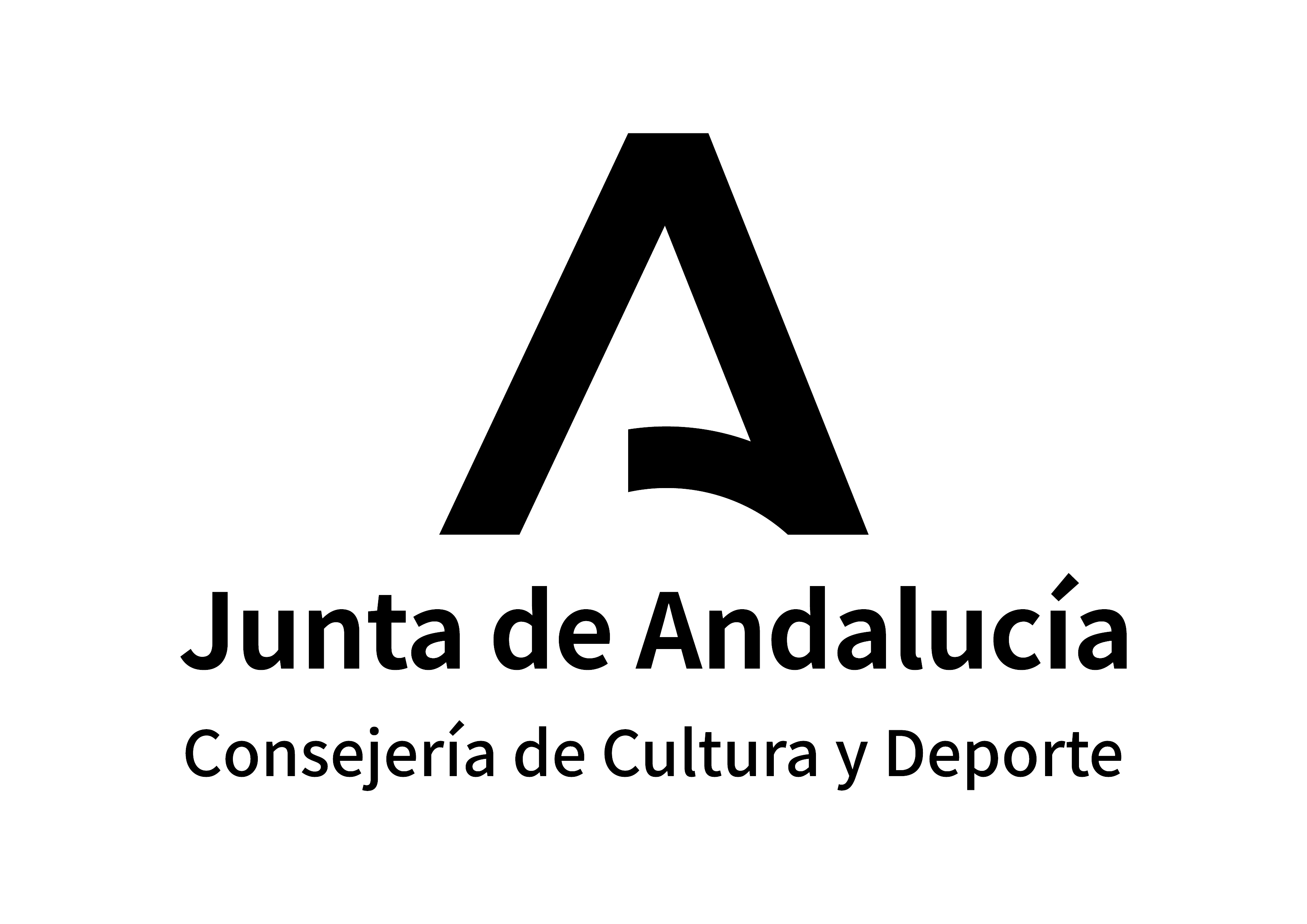Five documentaries explore tradition, music, theatre and art at the Festival de Málaga
The Documentary Special Sessions section offers a journey through creativity and cultural identity through film
This Sunday, 16 March, the Festival de Málaga hosted the screening of five documentaries looking at theatrical tradition, music, opera, painting and artistic dedication. They offered audiences an insight into the creative process and the value of different disciplines.
La Festa': the medieval tradition of the Misteri d'Elx
Directed by Manuel Gutiérrez Aragón and Pablo Más Serrano, 'La Festa' immerses the spectator in the Misteri d'Elx, the only surviving example of medieval theatre in Europe. This documentary, produced by Maspeliculas, shows how, every August, the inhabitants of Elche become guardians of a tradition that reinforces their identity and collective memory. At its presentation at the Festival de Málaga, the documentary was attended by the president of the Film Academy, Fernando Méndez-Leite; director of the Festival de Málaga, Juan Antonio Vigar; the mayor of Elche, Pablo Ruz Villanueva, and various authorities from the city in Alicante.
"The Misteri is still something very transgressive, something very rare, because they have turned death into a fiesta. And this is what we have tried to portray: a film that talks about the Misteri, because to really know the Misteri, you have to go there", explained renowned film director and screenwriter Manuel Gutiérrez Aragón in the company of co-director Pablo Más Serrano, who also wanted to highlight the importance of the people of Elche: "It's a real collective effort. Some do it by faith, some don't, but all the people get involved with it. It's exciting.
‘Kraus, el último romántico’: the life and legacy of an opera legend
Directed by Laura Bueno Cabrera and Germán Roda Amador, 'Kraus, el último romántico' tells the story of the career of the tenor Alfredo Kraus, exploring his meticulous dedication to singing and his impeccable vocal technique. Through archival footage, testimonies and his own voice, the film reconstructs the story of an artist whose life ended up resembling the great romantic operas he performed.
The screening was attended by the directors Laura Bueno and Germán Roda. Bueno commented that the idea for this documentary arose from an interest in giving a voice to another part of Kraus' life, "to tell what others thought of him". It was in this process of searching that they "discovered this incredible love story".
For his part, Roda said that it was this "love story" that drove the film and "then the rest came together". He shared that he and Laura saw themselves "with the personal legacy of Kraus" and this filled them "with fear and respect", but that this, he said, drove them to do "something that would live up to" the composer.
Alexina B. Vides en composició': music and identity
Alexis Borràs Izquierdo follows the creative process of the composer Raquel García-Tomás in the construction of her opera about Alexina B., an intersex person from the 19th century. Co-produced between Spain and France by Digital Films and Les Films Figures Libres, the documentary shows how music and narrative can become tools for empathy and inspiration.
"This documentary was born in Malaga when Raquel García-Tomás, winner of the 2020 National Music Prize, told me about her project: to create an opera inspired by the story of Adélaïde Herculine Barbin, also known as Alexina B., an intersex person. That's how it all began," confessed director Alexis Borrás, accompanied by producer Maria Serralvo and screenwriter Anna Casacuberta.
‘Gypsy en el Soho. El sueño de Antonio Banderas’: art as transformation
Directed by Enrique García, ‘Gypsy en el Soho. El sueño de Antonio Banderas' explores Antonio Banderas' dedication to the production of the musical Gypsy, opening in October 2024 at the CaixaBank Soho Theatre. Through the reflections and testimonies of his closest collaborators, the film offers an intimate look at the creative process of the Malaga-born actor and director, highlighting his commitment to culture and the impact of his theatre on the city of Malaga.
The presentation brought together those responsible for the documentary, Enrique García, Javier Hernández, Nacho Lagos, Pablo Antón and Pedro Luis Gómez. In the end, Antonio Banderas himself was not present, but the family was represented by his nephew, Javier Hueso, and his brother, Javier Banderas, who took the opportunity to express his satisfaction with the documentary: "Antonio is in Madrid with the musical Gypsy, but we want to congratulate him because you can see the love and hard work behind the film".
‘Luis Gordillo. Manual de instrucciones’: exploring the mind of an artist
The documentary 'Luis Gordillo. Manual de instrucciones', directed by Sema D'Acosta and Antonio García Jiménez, offers an unprecedented look at the life and work of Luis Gordillo, one of the most important figures of abstract art in Spain. The film delves into his creative process, his reflections on painting, colour and psychoanalysis, as well as his influence on new generations of artists.
Sema D'Acosta said at the presentation that the documentary was born out of the desire to create an audiovisual portrait of the figure of Gordillo: "He has been a reference figure for half a century and continues to be so, despite the changes that society has undergone, or even ahead of them. The aim was to take a non-exaggerated approach in which he would talk about his doubts and insecurities. In D'Acosta's own words, the screening is an "anti-documentary" and the spectators at the Picasso Museum were able to discover why.
Following their screening at the Festival de Málaga, these documentaries will begin a tour of cinemas and international festivals.
Share








